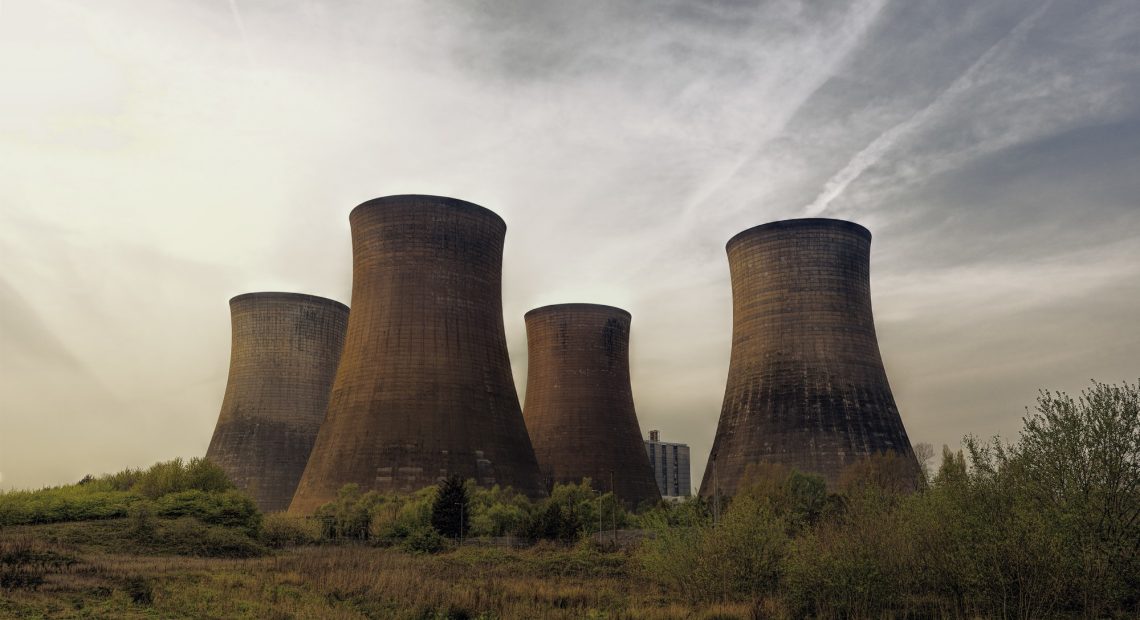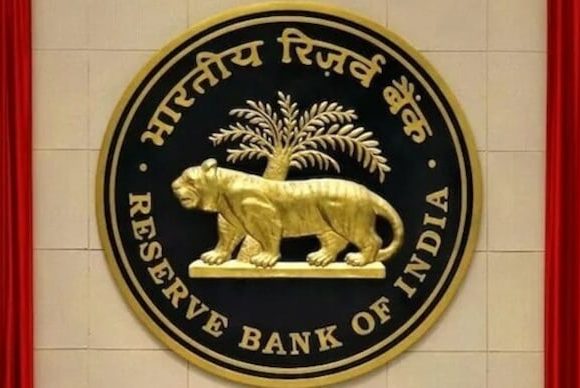
India Plans Phased FDI in Nuclear Energy Sector
India is preparing to allow foreign direct investment (FDI) of up to 49% in its nuclear energy sector in a phased manner, marking a major policy shift in the country’s energy and industrial landscape. The move is aimed at augmenting domestic capacity, infusing capital, and tapping into international technological expertise to meet India’s growing energy demands.
Phased FDI Policy in Nuclear Energy
According to senior officials involved in the policy discussions, the government is considering an initial foreign investment limit of 26%, which may be increased to 49% over time depending on the sector’s performance and investor response. “We are open to allowing foreign investment… We can even go up to 49%, but in tranches,” an official familiar with the matter said. This cautious approach reflects India’s aim to gradually integrate private and foreign players into what has historically been a state-controlled domain.
The policy will likely target specific areas within the nuclear sector, including small modular reactors, equipment manufacturing, and possibly certain reactor technologies that are not directly involved in fuel cycle activities.
Legislative Reforms to Enable Private Participation
To implement this plan, amendments to key legal frameworks are being examined, particularly the Atomic Energy Act, 1962, and the Civil Liability for Nuclear Damage Act, 2010. These reforms aim to provide legal clarity for private and foreign players, especially regarding liability clauses and operational control in joint ventures.
The Atomic Energy Act currently permits only government-owned entities to build and operate nuclear reactors. Any changes would need to delicately balance investor confidence with national security and non-proliferation commitments.
India’s Nuclear Capacity Targets
India presently operates 25 nuclear power reactors with a combined capacity of 8,880 megawatts (MW). The government’s roadmap is ambitious—targeting 40 gigawatts (GW) by 2035 and an even more aggressive goal of 100 GW by 2047. Achieving these benchmarks will require significant investments, both in capital and technical know-how, further justifying the need for foreign investment.
India’s nuclear ambitions are aligned with its climate commitments and goal of transitioning to cleaner energy sources. Nuclear energy is seen as a stable, zero-carbon power source that can complement solar and wind in the country’s renewable push.
Indigenous Control and IP Ownership
Even as foreign players are welcomed into the fold, India is expected to retain strategic control. Joint ventures may be structured to ensure Indian entities hold majority stakes, especially in projects involving sensitive technologies. Emphasis will also be placed on maintaining domestic ownership of intellectual property (IP), with new licensing models that encourage technology transfer and local innovation.
This insistence on indigenous control stems from national security considerations as well as the desire to promote India’s own technological ecosystem in nuclear engineering and design.
Strategic and Economic Implications
Allowing phased FDI in nuclear energy not only signals India’s confidence in its regulatory framework but also presents an opportunity to position itself as a global nuclear manufacturing and services hub. It could pave the way for international collaborations in areas such as waste management, reactor component design, and next-generation fuel technologies.
The initiative, if executed with proper safeguards and transparency, could also boost investor confidence across other strategic sectors where India seeks to increase self-reliance without closing the door to global capital.


















